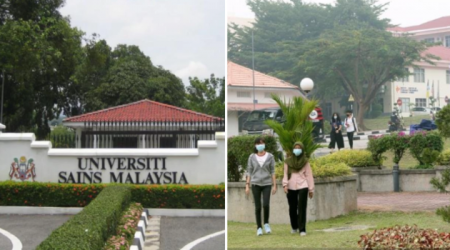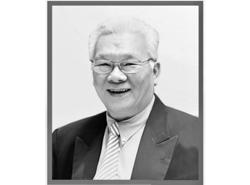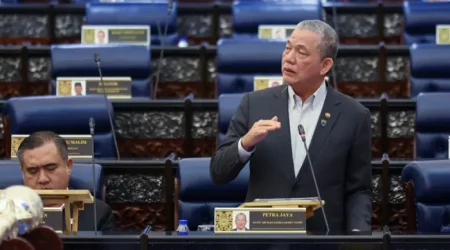Calling M’sia their second home
There’s no chicken-and-duck talk but shared similar culture, heritage and customs
GEORGE TOWN: For Chinese nationals working in Malaysia, the country is almost like a home away from home.
Most of all, they do not encounter chicken-and-duck talk, a phrase which refers to people having problems communicating with one other.
“Many people here speak the dialects of China. Besides Mandarin (Putonghua), the Chinese here are proficient in Guangdong, Fujian and Qiaozhou dialects,” said China Southern Airlines (North Malaysia) general manager, Aaron Lau, 43 (pic).
“Many of their grandparents migrated from these cities at the turn of the 20th century and brought the traditions and customs found in Penang today.”
As such, he said that Penang and China shared similar culture and heritage, customs and characteristics.
“The similar cultural and historical heritage enhances Penang’s appeal as an investment, education, holiday and second-home destination.
“It is relatively easy for businessmen from China to set up businesses with a local workforce with whom they can communicate,” said Lau, who is from Guangdong and has been working here for the past six years.
As for food, attire and housing, he found Penang to be not much different from China.
This made it easier for mainland Chinese to adapt to the environment in Malaysia, he said.
“The people here are kind and helpful. And they are very particular about collaboration and cooperation,” Lau said.
On the 50th anniversary of the establishment of diplomatic relations between the two countries in May, he said that both China and Malaysia’s ties were progressing in the right direction.
“First of all, the Malaysian government welcomes mainland Chinese to work, buy properties and invest. And it expedites the issuance of visas and work permits to them. The implementation of visa-free travel from Dec 1 for Malaysian and Chinese nationals is evident of the close cooperation between the two countries,” he added.
Starting December 2023, Malaysia allows 30-day visa-free entry for Chinese citizens arriving in the country.
When Prime Minister Datuk Seri Anwar Ibrahim made the announcement, he said it was meant to boost tourism and the economy, besides marking the 50th anniversary of diplomatic relations with China.
The Chinese government has also implemented a 15-day visa-free policy for six countries including Malaysia, starting from Dec 1, 2023 to Nov 30, 2024. This applies to Malaysian travellers going to China for business, tourism, family visits or transit.
Lin Mei, a Chinese national from Harbin who is now working here at a restaurant, found similarity in the Chinese food here and the Middle Kingdom. She said the local Chinese fare in Penang resembled the cuisine in China.
“Penangites have a passion for spicy food. This has attracted many Chinese nationals to invest in restaurants. That’s why you can see so many new mala (spicy) hot-pot restaurants from China emerging in Penang,” she said.
Lin Mei, who has been in Malaysia for three years, said with similarities in culture, language and food, Chinese nationals choose Penang as an investment, education and holiday destination.
However, she believed there should be more student exchange programmes to foster cultural ties between China and Malaysia.
“There should be more such programmes to bring the current diplomatic ties to another level,” she said.
Penang Kwang Tung and Teng Chow Association secretary Datuk Lee Wing Kong, 71, said Malaysia should look into improving its infrastructure and production capacity to catch up with China.
“We need to improve on infrastructure, production capacity and use of robotics to draw more investments and take in large quantities of orders from China,” he said.
Lee recalled that in 1983, when he first arrived in China to do business, he could only be based in Guangzhou.
“We can’t move out of the area and could only stay for two weeks to conduct business transactions.”
But now, he said that both China and Malaysia had undergone much social and economic transformation.














Leave a Reply